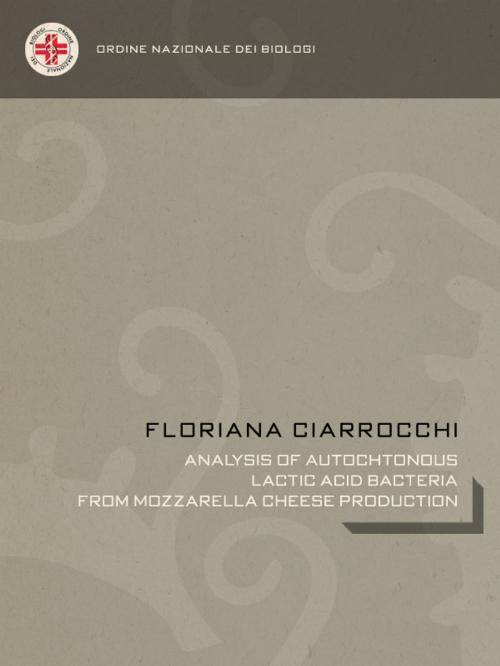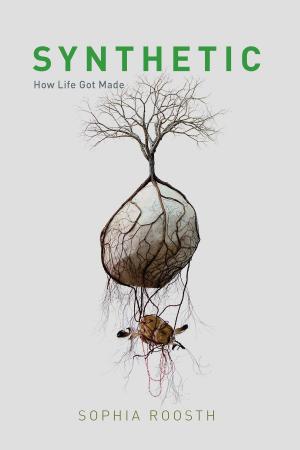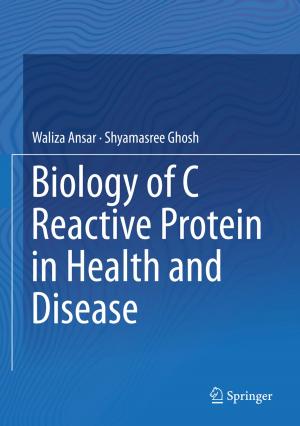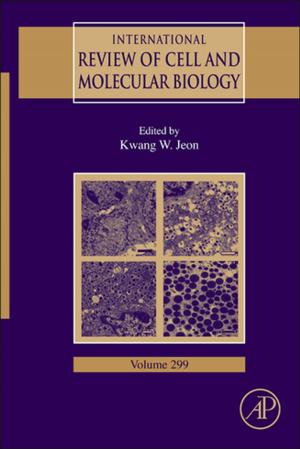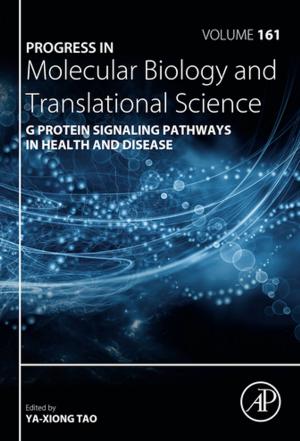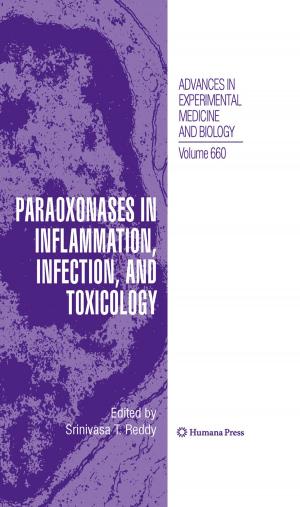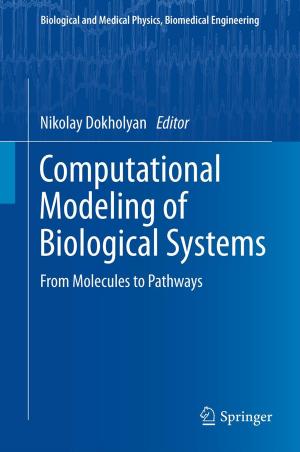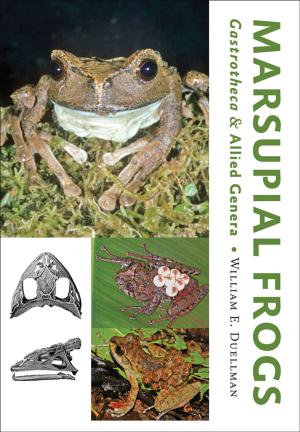Analysis of autochthonous lactic acid bacteria from mozzarella cheese production
Nonfiction, Science & Nature, Science, Other Sciences, Methodology, Applied Sciences, Biological Sciences, Biology| Author: | Floriana Ciarrocchi | ISBN: | 9788863696189 |
| Publisher: | Floriana Ciarrocchi | Publication: | January 25, 2012 |
| Imprint: | Language: | English |
| Author: | Floriana Ciarrocchi |
| ISBN: | 9788863696189 |
| Publisher: | Floriana Ciarrocchi |
| Publication: | January 25, 2012 |
| Imprint: | |
| Language: | English |
Mozzarella cheese is one of the most popular members of the Pasta Filata cheeses. Previous investigations on the bacterial community of Mozzarella cheeses made from raw bovine milk showed that lactic acid bacteria (LAB) play a pivotal role in the definition of the characteristics of this unripened cheese. Many genera and species of mesophilic and thermophilic bacteria were found to be responsible for its typical taste and aroma, due to their acidifying, proteolytic and flavouring activities.
The present research was aimed at the study of the microbial population of a Mozzarella cheese produced in the hinterland of the Marche region with raw bovine milk added with a commercial starter culture of thermophilic cocci. To this aim, both molecular and phenotypic assays were performed.
A total of 335 isolates were obtained from raw milk, raw milk curd and raw milk Mozzarella cheese. The molecular identification allowed 252 cultures to be ascribed to the LAB group. Among these, 85 isolates were ascribed to thermophilic and mesophilic species of interest for the dairy industry, while the remaining ones belonged to species not generally used as starter or flavour-producing cultures. The RAPD typing of the isolates belonging to the first group allowed a remarkable genotypic heterogeneity to be highlighted. In several cases, a relationship was seen between RAPD patterns and the source of isolation. In order to achieve a deeper knowledge of the genotype-based heterogeneity among the LAB group, the PFGE analysis was also performed, that proved to be more discriminating than the RAPD approach.
The approach utilised highlighted the high microbial diversity of the lactic acid bacteria population in the raw milk Mozzarella cheese production investigated. Acidification ability, technological feature of the strains of interest for application in Mozzarella cheese processing (Lactobacillus spp., Lactococcus spp. and Streptococcus thermophilus), was evaluated and this study lead to the selection of a certain number of genetically different LAB strains to be potentially used for the manufacture of Mozzarella cheese.
Mozzarella cheese is one of the most popular members of the Pasta Filata cheeses. Previous investigations on the bacterial community of Mozzarella cheeses made from raw bovine milk showed that lactic acid bacteria (LAB) play a pivotal role in the definition of the characteristics of this unripened cheese. Many genera and species of mesophilic and thermophilic bacteria were found to be responsible for its typical taste and aroma, due to their acidifying, proteolytic and flavouring activities.
The present research was aimed at the study of the microbial population of a Mozzarella cheese produced in the hinterland of the Marche region with raw bovine milk added with a commercial starter culture of thermophilic cocci. To this aim, both molecular and phenotypic assays were performed.
A total of 335 isolates were obtained from raw milk, raw milk curd and raw milk Mozzarella cheese. The molecular identification allowed 252 cultures to be ascribed to the LAB group. Among these, 85 isolates were ascribed to thermophilic and mesophilic species of interest for the dairy industry, while the remaining ones belonged to species not generally used as starter or flavour-producing cultures. The RAPD typing of the isolates belonging to the first group allowed a remarkable genotypic heterogeneity to be highlighted. In several cases, a relationship was seen between RAPD patterns and the source of isolation. In order to achieve a deeper knowledge of the genotype-based heterogeneity among the LAB group, the PFGE analysis was also performed, that proved to be more discriminating than the RAPD approach.
The approach utilised highlighted the high microbial diversity of the lactic acid bacteria population in the raw milk Mozzarella cheese production investigated. Acidification ability, technological feature of the strains of interest for application in Mozzarella cheese processing (Lactobacillus spp., Lactococcus spp. and Streptococcus thermophilus), was evaluated and this study lead to the selection of a certain number of genetically different LAB strains to be potentially used for the manufacture of Mozzarella cheese.
